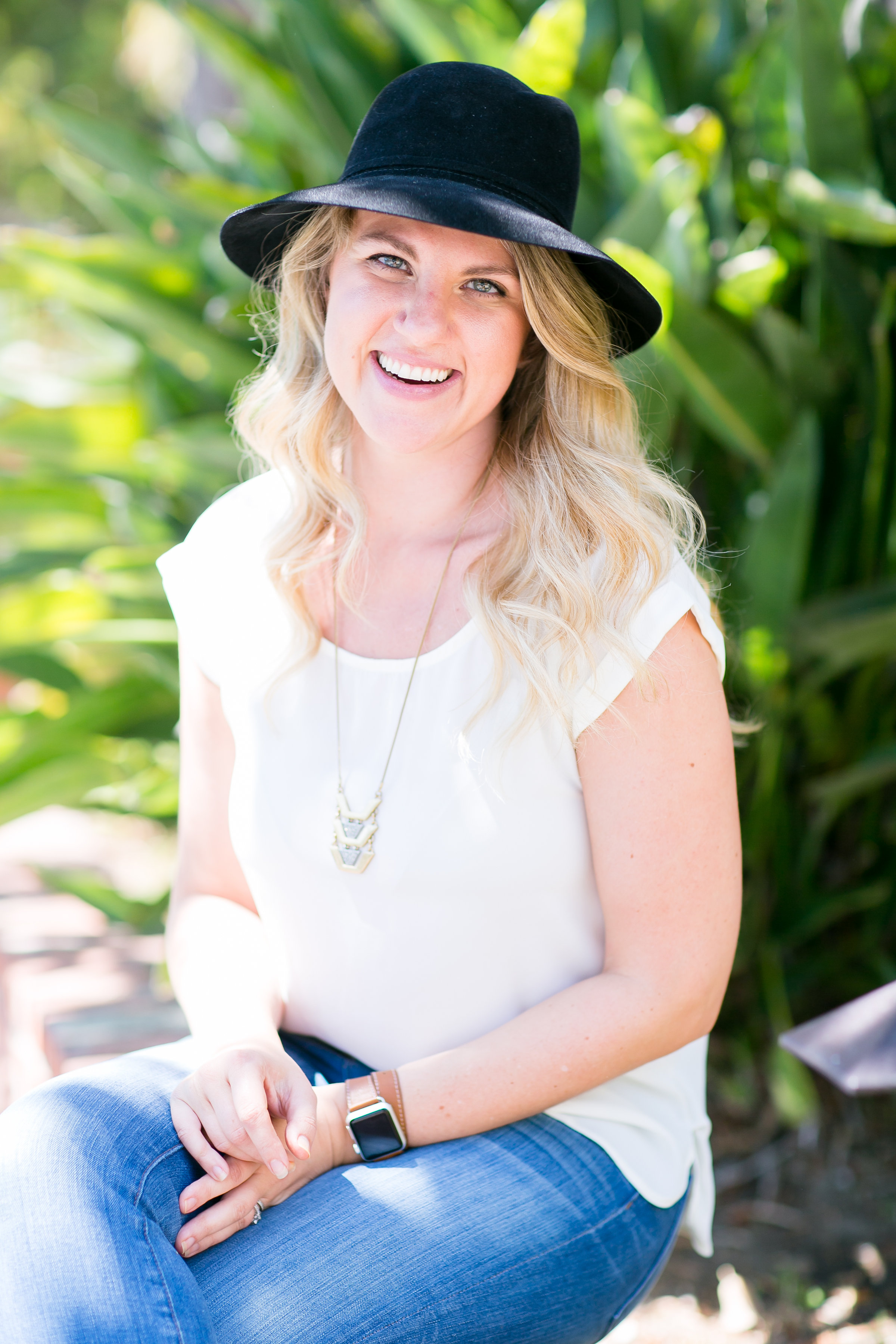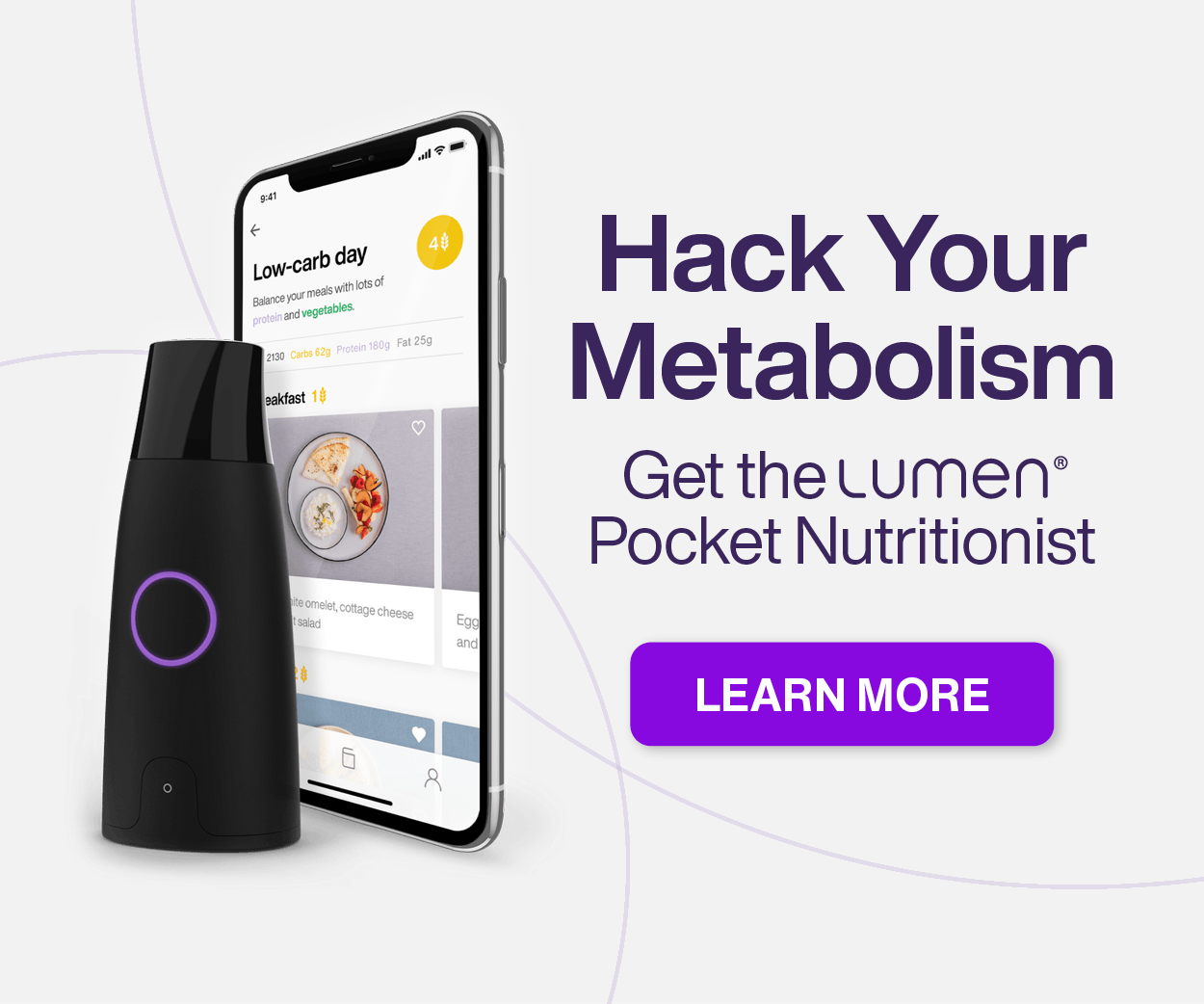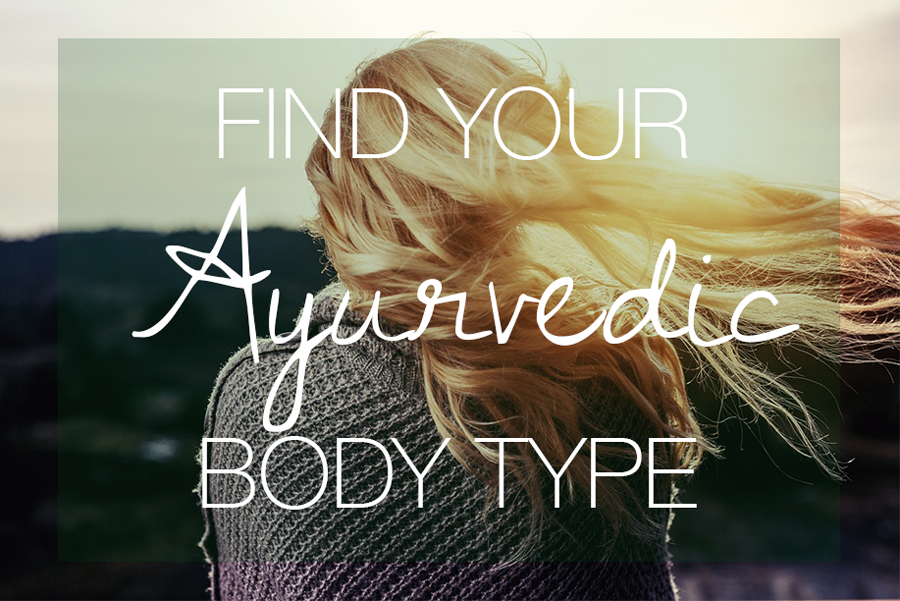Be it pimples, rosacea, eczema or other kinds of bumps, redness and inflammation that ail you, getting clear skin get feel like an elusive #skingoal. The problem is that most people try to deal with these skin issues topically, which will only get you part way there. Great skin starts on the inside, and the only way to truly clear up redness, inflammation, and breakouts is to take a holistic approach. What you eat and what supplements you take are just as important as how you wash your skin and what products you use. Follow these 5 steps to get clearer, happier skin, free from breakouts, redness, and bumps!
The Best Diet To Clear Your Acne, For Good!
By: Stephanie Heino
 Trust me when I say that you can get rid of that acne if you just put some effort into it! Just in the same way that certain foods can ruin your figure, some foods will ruin your skin, and adopting a healthy skin diet can make all the difference in the world. What’s on your plate really dictates how healthy your skin is, how young you look (see our guide to younger looking skin), and whether or not you have acne. Sure genetics and other lifestyle and environmental factors play a big part, but it would be hard to find any nutritionist or dermatologist that wouldn’t consider food a major deciding factor in whether you have healthy-looking skin or not.
Trust me when I say that you can get rid of that acne if you just put some effort into it! Just in the same way that certain foods can ruin your figure, some foods will ruin your skin, and adopting a healthy skin diet can make all the difference in the world. What’s on your plate really dictates how healthy your skin is, how young you look (see our guide to younger looking skin), and whether or not you have acne. Sure genetics and other lifestyle and environmental factors play a big part, but it would be hard to find any nutritionist or dermatologist that wouldn’t consider food a major deciding factor in whether you have healthy-looking skin or not.
Basically, whether you like it or not, what you feed your body really determines whether you have healthy skin or “problem” skin, so it’s time to start watching what goes into your body, and as an added bonus, it will help you fit into your skinny jeans (score!). There are a number of foods for clear skin that can help to keep your face looking nice and clean, and it is all about what I call “clean” eating. This concept, along with the other tips in this article, have helped me clear up all of my acne (amazing!). Read on for a brief overview of some of the best (and worst) foods and other lifestyle changes that you can eat and do to help keep your skin clear and beautiful, and get rid of that acne once and for all!
There really are some foods than can aggravate acne, and here are the big ones to avoid:
High Glycemic Index Foods. The Glycemic index is a ranking of carbs (from 0 to 100) based on how much they raise blood sugar levels when we eat them. Foods with values below 55 are considered “low-GI,” while those above 70 are considered “high-GI”. High GI foods (like doughnuts, white pasta, or white bread) spike blood sugar levels because the body digests them very quickly. This can increase acne flare-ups because spiked insulin levels increase the body’s inflammatory reactions, which can lead to acne inflammation.
 Greasy Foods. While eating certain foods can affect our skin from the inside out, greasy food causes problems from the second it reaches your mouth. French fries and a cheese burger can create acne when the grease from that meal touches our skin (disgusting!), which results in pimples all over.
Greasy Foods. While eating certain foods can affect our skin from the inside out, greasy food causes problems from the second it reaches your mouth. French fries and a cheese burger can create acne when the grease from that meal touches our skin (disgusting!), which results in pimples all over.
Refined Sugars, Dairy, Chocolate, Fast Food. While some people may get acne flare-ups from eating dairy, refined sugars, and even chocolate, there is no real evidence it really is the cause of acne (but it sure does make it worse!). Dairy is still on the radar because milk and whey protein-based products raise levels of insulin. Fast food, because of high sugar levels and fat content, could contribute to unhealthy skin, but there’s not a lot of research to prove its link to acne, yet. Cacao itself is not something that makes skin problems worse; the culprit in chocolate is simply the milk protein and sugar in it.
Now that we know what foods we should steer clear of, what foods should we eat for clear skin? We all know that protein- and veggie-packed diets are good for us, but there some diets that can actually help maintain clear skin. I don’t like to say diets, because it is actually more of a lifestyle. Studies have found that the Mediterranean diet (mostly fruits, vegetables, whole grains, fish, beans, nuts and olive oil) can protect against acne, as can thee Paleo diet (which we are definitely not big supporters of). But you don’t have to follow a diet with a fancy name to get rid of your acne. Simply adopting an overall clean way of eating will take you a long way when it comes to getting clean skin.
 Vitamin A. Foods like carrots and spinach are a good source of vitamin A, which prevents the overproduction of cells in the skin’s outer layer (read: there are fewer dead cells hanging around to clog pores). If you are not a fan of spinach or carrots (how can you not be?), try other vitamin A stars like pumpkin, sweet potatoes, dark leafy greens, and cantaloupe which all contain beta-carotene, the type of vitamin A produced by plants.
Vitamin A. Foods like carrots and spinach are a good source of vitamin A, which prevents the overproduction of cells in the skin’s outer layer (read: there are fewer dead cells hanging around to clog pores). If you are not a fan of spinach or carrots (how can you not be?), try other vitamin A stars like pumpkin, sweet potatoes, dark leafy greens, and cantaloupe which all contain beta-carotene, the type of vitamin A produced by plants.
Omega-3 Fatty Acids. Foods rich in essential omega-3 fatty acids, like salmon, walnuts, and flax seed may help keep inflammation under control (all nuts and seeds are great!). Because that is really what acne is – inflammation — which will show up as red, painful bumps on our skin. In addition to helping to prevent acne and providing a generally healthy, clear appearance for the skin, these essential fatty acids are amino acids that can help to prevent a wide range of different diseases and conditions as well. They have also been linked to long-term cardiovascular health, making them a great choice for any diet. Salmon is another great source of omega 3 fatty acids. It is a good source of protein and is low in unhealthy fats and sodium, making it a smart alternative to other types of meat.
Vitamin D & E. Foods containing lots of vitamin E, like pine nuts and sunflower seeds, play an important role in preventing acne development. Many studies have found that levels of vitamin E were significantly lower in patients with acne. Dark green vegetables are a great example of vitamin E, and they are also rich in antioxidants. Dark green vegetables are often times full of vitamin D as well, which help to provide your body with a necessary component of skin cell production making it an essential vitamin that helps heal acne-scarred skin. Without sufficient quantities of vitamin E and vitamin D in your system, your skin may begin to take on a pale or unhealthy appearance. Some of the best vegetables for these nutrients include broccoli, cauliflower, kale, spinach, and soybeans.
 Vitamin C. Citrus fruits are one of the strongest sources of vitamin C. Vitamin C is usually best known as an important component of the immune system, and it helps to boost your body’s natural defenses against common diseases and viruses. However, vitamin C is also essential for the adequate production of collagen, a staple ingredient in the production of healthy new skin cells throughout your body.
Vitamin C. Citrus fruits are one of the strongest sources of vitamin C. Vitamin C is usually best known as an important component of the immune system, and it helps to boost your body’s natural defenses against common diseases and viruses. However, vitamin C is also essential for the adequate production of collagen, a staple ingredient in the production of healthy new skin cells throughout your body.
Zinc. Zinc deficiency is associated with a variety of skin problems, including acne. Kicking back oysters and munching on dark chocolate can provide a healthy dose of zinc.
Vitamin B5. Vitamin B5 (and other B vitamins) promotes, among other things, healthy skin and hair. In one small study, a large dose of vitamin B5 supplements cured cases of acne. Why, you ask? Vitamin B5 has been shown to decrease oil production on skin and reduces the size of pores.
Selenium. Whole grains (like yummy quinoa and brown rice) and aromatic vegetables (like onion and garlic) are rich in selenium, which helps preserve skin’s elasticity. But that’s not all — selenium can also reduce inflammatory damage to the skin. A small study found that taking selenium supplements improved the skin of patients with severe acne.
Water and High Fiber Foods. Sipping H2O and consuming high fiber foods like fruits, beans, and vegetables, can help the body flush out toxins, which are culprits leading to inflammation and clogged pores. Constipation has also been linked to skin conditions like acne. A high fiber diet with adequate hydration will help keep things moving smoothly through your body.
 Antioxidants. Different kinds of berries all contain antioxidants of different kinds and in different proportions. Berries, such as blueberries, cranberries, and strawberries, are all high in beneficial nutrients of these types. Antioxidants not only help to reduce your risk of cancer and provide general immune system health, but they are also very beneficial at helping to keep the skin clear and free of oil and grease by keeping your cells healthy too.
Antioxidants. Different kinds of berries all contain antioxidants of different kinds and in different proportions. Berries, such as blueberries, cranberries, and strawberries, are all high in beneficial nutrients of these types. Antioxidants not only help to reduce your risk of cancer and provide general immune system health, but they are also very beneficial at helping to keep the skin clear and free of oil and grease by keeping your cells healthy too.
Here are 8 tips you could benefit from when fighting your acne:
1. Keep your face clean. Whether or not you have acne, it’s important to wash your face daily to remove impurities, dead skin cells, and excess oil from the skin surface. Use warm, not hot, water and a mild facial cleanser or the oil face washing method. Using a harsh soap (like deodorant body soap) can injure the already inflamed skin and cause more irritation. Avoid scrubbing your skin harshly with a washcloth or exfoliating glove. Gently wash it with your clean hands or a very soft cloth. Always rinse well, and then dry your face with a clean towel. (Toss the towel in the laundry hamper, as dirty towels spread bacteria.)
 2. Use makeup sparingly. During a breakout, try to avoid wearing foundation, powder, or blush. If you do wear makeup, wash it off at the end of the day. Always select natural cosmetics without added dyes and chemicals (Yuck!). Make sure you read the ingredients list on the product label before buying! Make sure to wash your makeup brushes at least once a week, as there are huge amounts of bacteria living in your brushes. Also make sure to change your bed sheets often to get rid of bacteria, but check your laundry detergent for any irritating ingredients.
2. Use makeup sparingly. During a breakout, try to avoid wearing foundation, powder, or blush. If you do wear makeup, wash it off at the end of the day. Always select natural cosmetics without added dyes and chemicals (Yuck!). Make sure you read the ingredients list on the product label before buying! Make sure to wash your makeup brushes at least once a week, as there are huge amounts of bacteria living in your brushes. Also make sure to change your bed sheets often to get rid of bacteria, but check your laundry detergent for any irritating ingredients.
3. Watch what you put on your hair. Always go for natural beauty products when buying skin and hair care products. Avoid using fragrances, oils, and harsh chemicals! These ingredients can drip on the face, blocking the skin pores and irritating the skin. Stick to a gentle shampoo and conditioner. Oily hair can add to the oil on your face, so wash your hair often, especially during a pimple outbreak. If your hair is long, keep it pulled off your face as much as you can.
4. Keep your hands off your face. Avoid touching your face or propping your cheek or chin on your hands. Not only can you spread bacteria, you can also irritate the already inflamed facial skin. Never pick or pop pimples with your fingers, as it can result in infection and scarring.
5. Stay out of the sun. The sun’s ultraviolet rays can increase inflammation and redness. Further, some oral and topical acne medications may increase the skin’s sensitivity to sunlight. Whether you have pimples or not, always apply a natural sunscreen with SPF 15 or higher at least 20 minutes before sun exposure. Look for a sunscreen that does not create new outbreaks (Non-acnegenic products!). Again, always read the ingredients on the product label to make sure you use natural beauty products!
6. Exercise daily. Regular exercise is good for your mind and your body, including your skin — the body’s largest organ. Working out reduces anxiety and boosts blood flow throughout the body. When you exercise, avoid wearing clothing or using exercise equipment that rubs on the skin and may cause irritation. Also, avoid wearing hats, goggles, or helmets that cause you to sweat excessively, as this can irritate the skin and increase bacteria. Always shower or bathe right after exercise.
 7. Chill! Experts believe that our emotional state is related to all aspects of health, including skin function. Some studies link stress with the severity of pimples or acne (Check out this great Acne Face Map to see what you can do about each area!). Take time to understand your stress reactions. Also, try to figure out what’s causing you to feel stressed. Find effective ways to deal with stress before it builds up and causes a breakout by doing yoga, meditation, reading, etc. While pimples are normal during your teen years, it is important to learn some daily self-care steps to manage skin problems before they get more serious.
7. Chill! Experts believe that our emotional state is related to all aspects of health, including skin function. Some studies link stress with the severity of pimples or acne (Check out this great Acne Face Map to see what you can do about each area!). Take time to understand your stress reactions. Also, try to figure out what’s causing you to feel stressed. Find effective ways to deal with stress before it builds up and causes a breakout by doing yoga, meditation, reading, etc. While pimples are normal during your teen years, it is important to learn some daily self-care steps to manage skin problems before they get more serious.
8. Be positive! Believe it or not, but you attitude and mood can have a major impact on how your skin is looking! By keeping a positive attitude, worrying less and generally being happy will make a huge difference in how your skin looks!
If in doubt, schedule a free consultation with Holistic Health Counselor Natasha Uspensky to learn how to decrease the stress in your life and get that acne under control!











